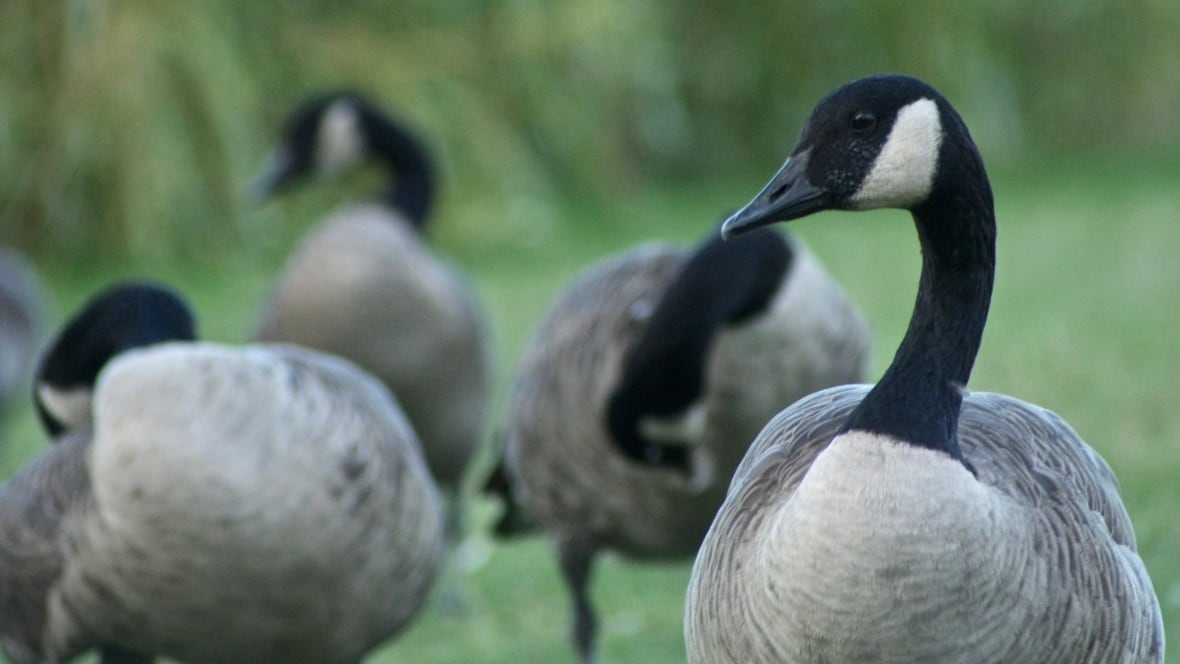3-year study to help First Nations in Ontario's far north adapt to climate change
Study to look at coastal erosion over the years and draw on knowledge from elders

Indigenous communities in Ontario's far north are participating in a three-year study to understand the impacts of climate change and how communities along the James Bay coast can better adapt to those changes.
"What we want to do is prepare our communities," said Barb Duffin, director of Cree Geomatics with Mushkegowuk Council, which represents seven northern First Nations.
"So they're seeing flooding in the spring, they're seeing dryness in the summer, shorter times for freezing up for road transportation, changing tides."
Cree Geomatics is working with Mushkegowuk's lands and resources department, Environment and Climate Change Canada, and the Up North On Climate centre at Laurentian University for the study.

One of the key components for the research will be the collection of aerial photos of the coastline in July, which can be compared with archival maps and photos to show recent erosion.
"The biggest thing we want to do is compare now what we're taking to what's available, say back to 1960 or 1970," Duffin said.
She said there's also a traditional knowledge component to the research project.
"Traditional knowledge has been collected over the last decade and a half, two decades on different projects," Duffin said.
"And that information that's given to us and documented by our elders and from our land users shows us where they've used the land."
Duffin said some Cree communities, such as Kashechewan First Nation, are already prone to flooding in the spring.
"Do we start building our homes on stilts?" she asked.
Roxanne Metlin, the climate resiliency co-ordinator with Mushkegowuk Council, said climate change has also affected wildlife in Ontario's far north.
"You have the elders going out with the young harvesters. What they know or what they can teach… about growing up on that land is changing," she said.
Metlin said some animal species more common to the south, such as porcupines, are now migrating north due to the warming climate.
That means locals need to learn about new plants and animals that were not typically found in the region.
With files from Warren Schlote